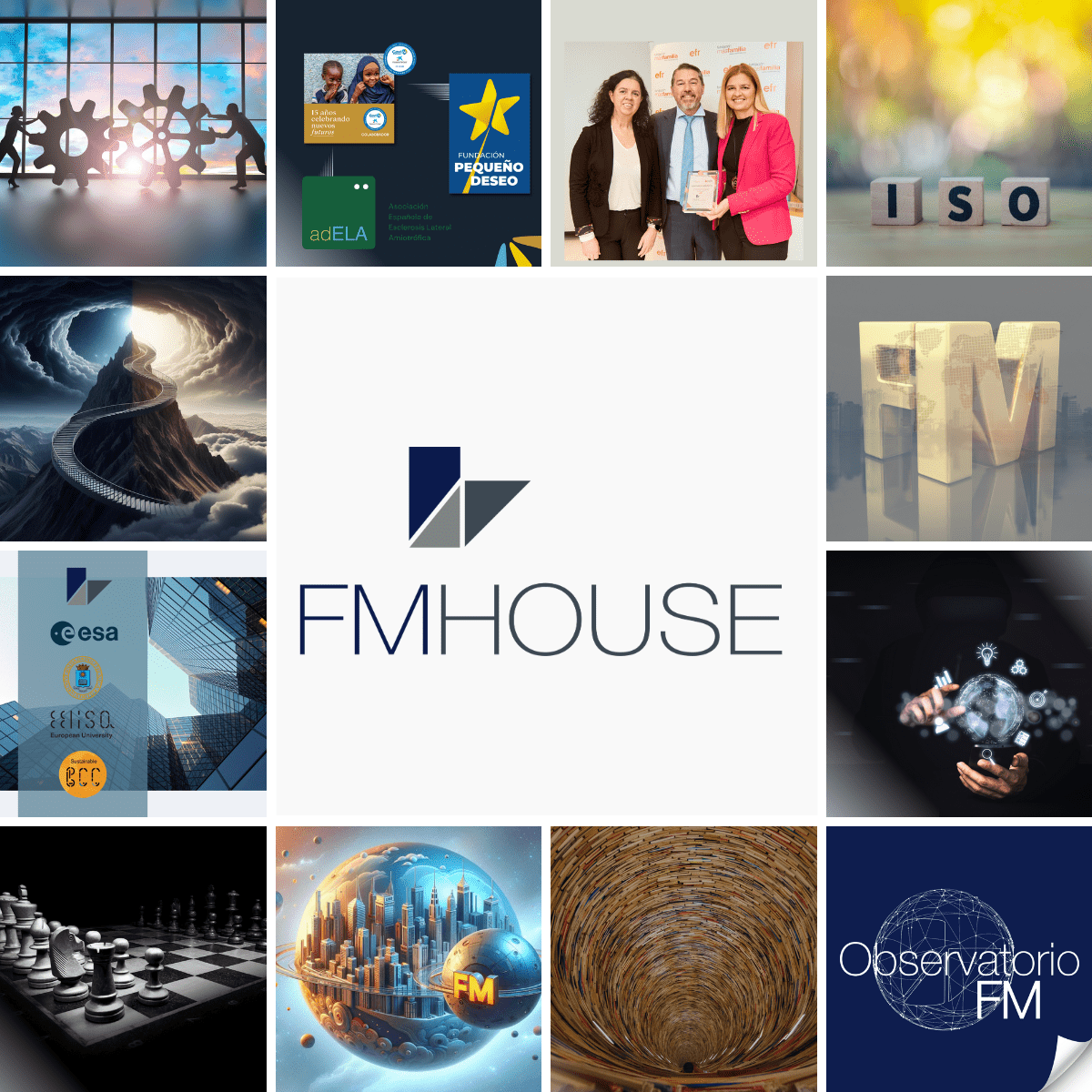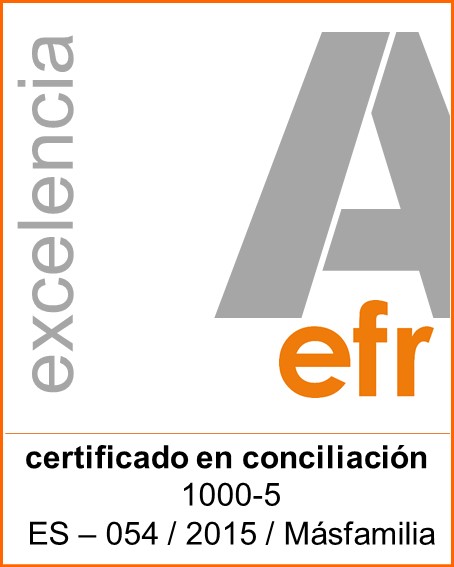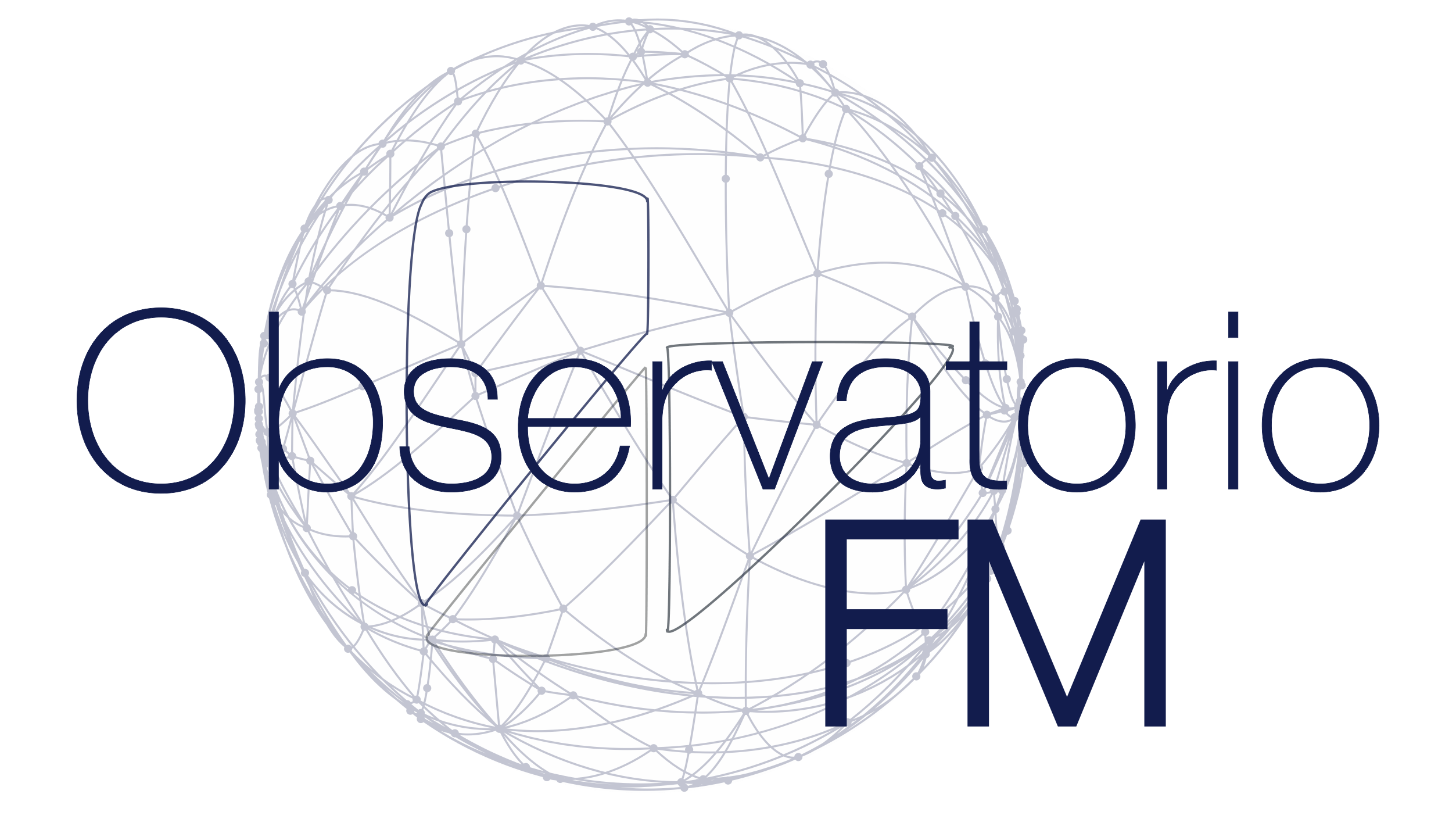It has already been made official that Facebook is now Meta. In the explanatory video, Mark Zuckerberg states that the purpose of the change is to begin the next chapter of the future of the Internet, which he describes as a 3D journey into the metaverse. The social network keeps its name, what changes is that of the conglomerate, owner of 80 other companies including Instagram (bought in 2012), WhatsApp (bought in 2014) or the now very convenient Oculus, acquired in 2014 for 2 billion dollars.
No turning back
Some renowned analysts like Benedict Evans point out that Meta does not want to be “a tenant” of a prospective technology, as they have been with Smartphones, but rather, “the landlord”. They are not alone in this race, since giants like Apple, Microsoft, Google or Epic Games are also competing. In the same way that no one “owns” the Internet, it seems that the big players are looking to obtain a piece of the Metaverse. Companies like Decentraland, Cryptovoxels or Somnium Space are already selling plots in those digital universes, and you can even start buying the furniture, all certified via NFTs. In order for this to become standardised, one of the keys will be to unify software and hardware, an essential element which is already being acquired by those who don’t have it.
The Facebook group, now Meta, is worth about $300 billion, has more than 3 billion active users and has relaunched its virtual currency, whose name has changed from Pound to Diem. These are some of the indicators which give a sense of the pillars that support its CEO’s vision. The fact that the company invests between $12 and $14 billion a year in research (the same amount that the European Union contributes), suggests that Mr. Zuckerberg is not fantasising. Conceivably, it may this very data which is encouraging owners of large fortunes to put some of their wealth into this still emerging yet dynamic, what we will call, sector.
The metaverse is a reality, what remains to be seen is when it will be commonplace. By the time it is, all affected areas will have had to position themselves or adapt. Let’s consider the impact of the Internet on business; nowadays almost everyone has a website or a social media profile. The first website was created 30 years ago, LinkedIn in 2003, Facebook in 2004 and YouTube in 2005.
All in one
At Connect 2021, as well as the new name, Project Cambria was announced, which is developing, among other things, a new virtual reality headset which is more compact and lighter than the current Oculus Quest. Rumour has it that the project has no budget limit and that there are more than 100 companies working on the future of the hardware that will help bring the metaverse to life. This, according to Zuckerberg, will “unlock social interactions and make it much easier to be productive” (yes, you heard right… he said productive…).
Currently, we have the phone to communicate, access social networks or information, and work, yes, for a limited time. It is worth mentioning that in the last 15 years the percentage of Smartphone users has increased from 2% to 85% worldwide. What might ensue when all this takes place in the same space, albeit virtual, and for an indefinite period of time?
Moving along the same lines, two new disclosures are the launch of Horizon Worlds, which will enable friends to meet virtually and carry out activities together, and Horizon Workrooms, which enables virtual work meetings, where, beyond seeing the face of the interlocutor in a rectangle, it will be possible to differentiate gestures and facial expressions. It will be the closest thing to being in an office where you can see people passing by, greet them, etc. All with the same device.
Where does that leave Facility Management?
It is not possible to analyse FM in a generic way, but we can observe it through its 6 main areas: in the Corporate Real Estate area, in a few years we might have our corporate building located in an exclusive environment, but in one of the virtual universes. Few relocations will be made there and remodelling will be digital, so a new door will open to the world of Project Management. Energy and sustainability issues will take on a new dimension, although they will not disappear. The big transformation will be in the workplace, as everything points to the metaverse delivering remote work, though it will be much more captivating than it is now. And finally, let’s see what will become of facilities services, something that is mistaken for FM: people will continue to need support in their daily lives, and even if offices are not cleaned or maintained, people will certainly need to eat and rest, and their well-being will take on a more important role than it has now.
How will we get there? Well, we don’t know, but Facebook, sorry, Meta, is definitely already testing it on its employees, which are estimated at 70,000 people worldwide. Not bad as a test base. In its latest remote work policy, it has already changed its previous approach, whereby some workers were allowed to operate from home, to now saying “all those who can work remotely will be able to do so”.
When will we get there? It has been announced that more than 10,000 workers, mainly in Europe, will join Meta over the next 5 years to pilot the metaverse project. Many point out that this time frame is too optimistic to achieve decisive implementation percentages, yet they add that this is indisputably the beginning of the change.









